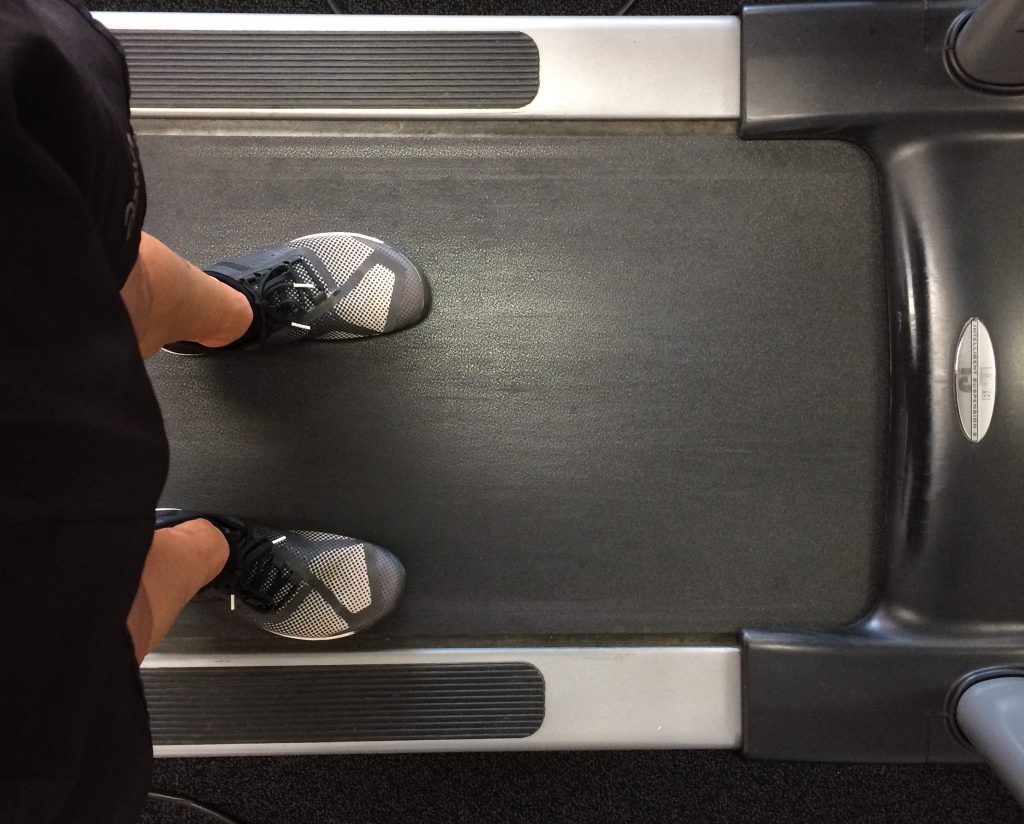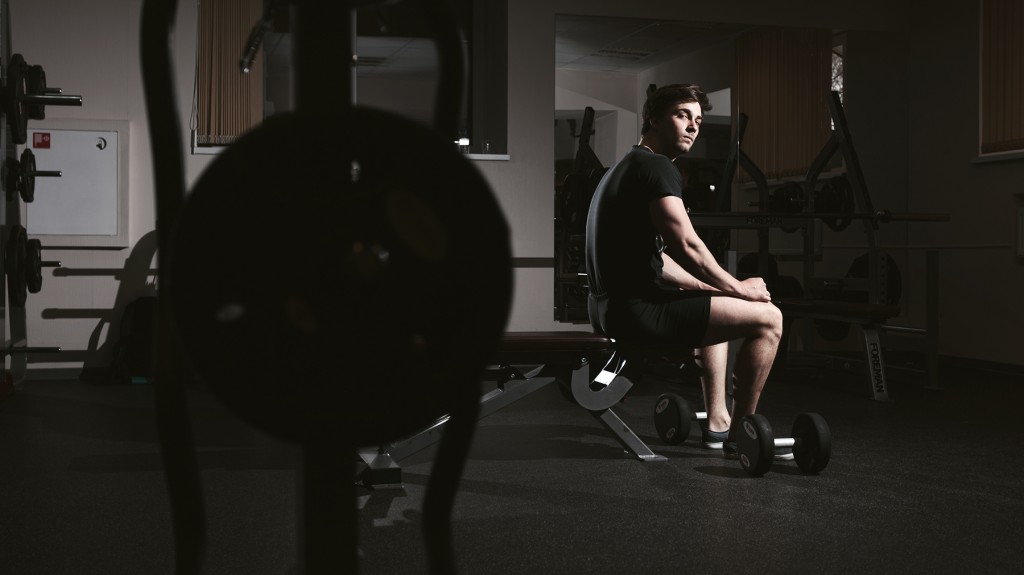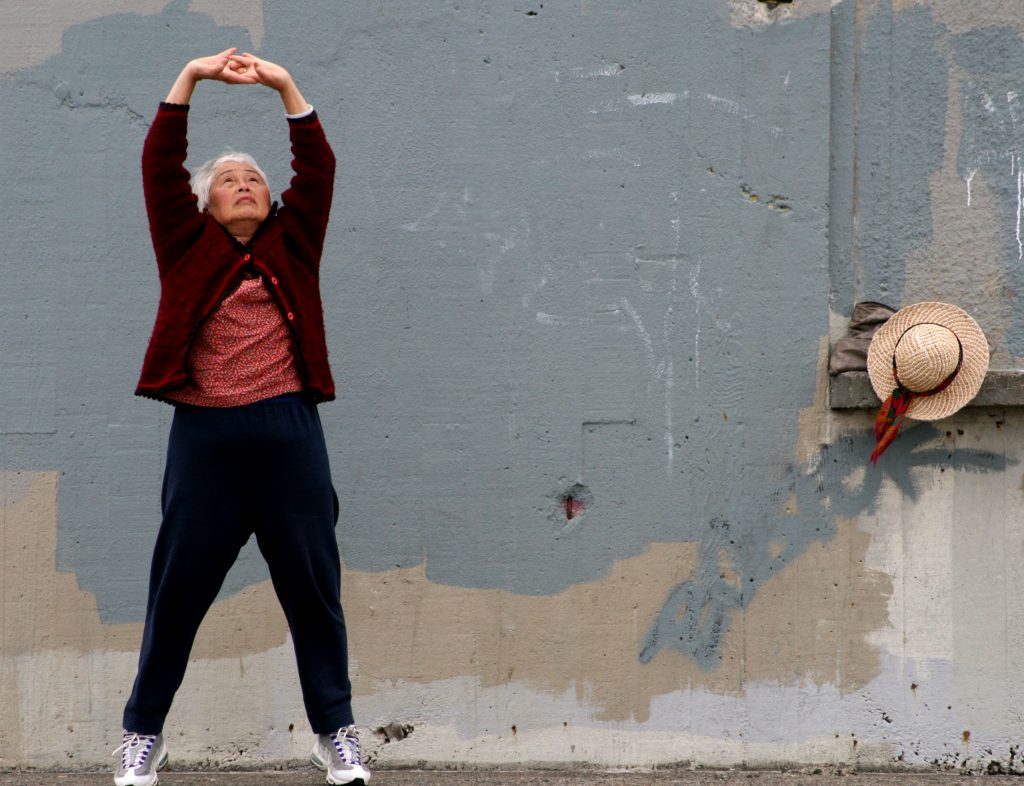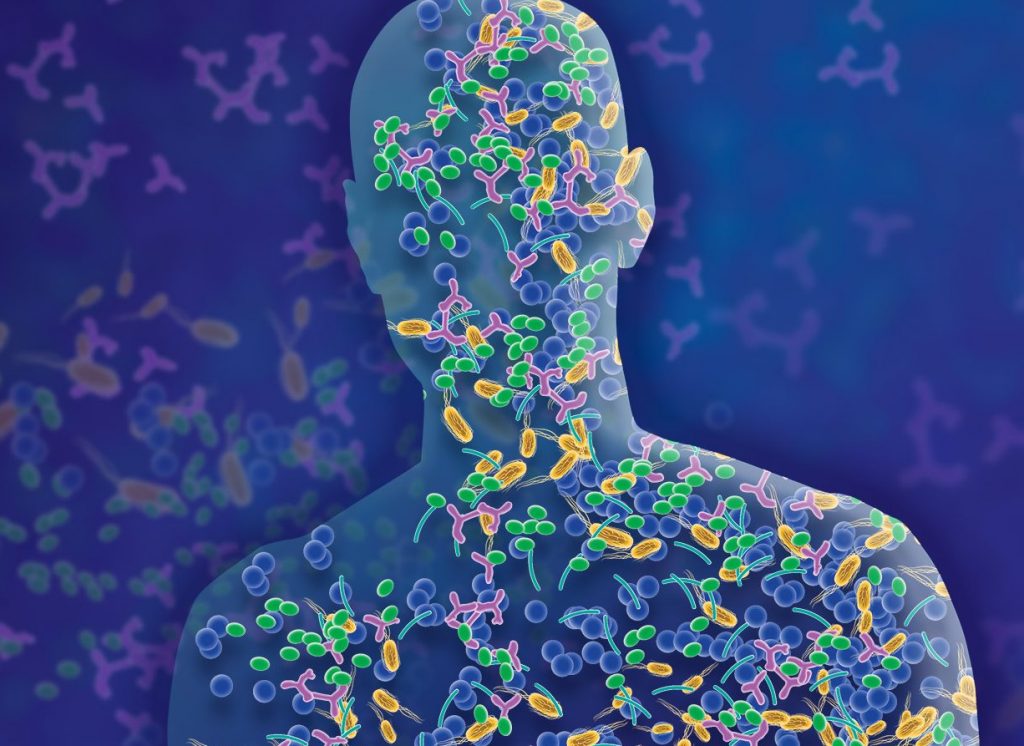
Finding Your Way Back to Exercise After Heart Disease
Photo Credit: Sergei Chervakov, via Flickr Creative Commons
In an ideal world, we wouldn’t have to change our expectations around exercise after being diagnosed with heart disease. We would be treated with the most modern medicine and resume our normal lifestyle. Unfortunately, many of us categorized as a “cardiac cripple,” and are literally paralyzed by their new diagnosis. I see this issue frequently among 40-60 year olds who are facing their first major health issue or have had a health event that happens unexpectedly.
The goal after having an uncomplicated cardiac event or procedure should be to return to a normal exercise program.
As a cardiac rehab instructor and educator, I’ve worked with thousands of patients over the years. One aspect of recovery I always find interesting is that no two people respond to a heart problem the same, and I mean both physically and emotionally. Some people barely notice it and keep on moving forward with their life. Others become quite fixated on their new condition. This fixation can show itself in many ways from social isolation, fear, depression, hostility and even decreased activity and exercise.
These various reactions after a new diagnosis are the reasons why cardiac rehab is a wonderful addition to a treatment plan post diagnosis or procedure. Cardiac rehab provides a medically safe environment to explore, educate and treat all these issues. The question of whether a person needs to change his or her attitude towards exercise after a diagnosis of heart disease is a complicated one.
First, it goes without saying that if you have had a recent event or new diagnosis of heart disease, your doctor should be your primary voice of reason as you consider returning to exercise or beginning a new program. Most of us are unable to appropriately weigh the risks and benefits of exercise and how a recent diagnosis of a heart-related issue should impact our daily activity. It would also be a good idea to speak with both your cardiologist and family physician about exercise as both may have slightly different opinions on resuming activity.
Second, I would say that your personal experience with exercise plays a large role in exercise after an event or procedure. If you’ve been an avid exerciser for years, your return to exercise after an event might be both expected and happen much quicker. By resuming exercise, you regain a sense of control and normalcy that otherwise might be slow to return. The concern, however, is whether you are ready to resume your normal levels of physical activity.
Even a break in your exercise routine for a week or two will most likely require several weeks to build back strength and stamina. These initial weeks, and possibly longer, should be a time to monitor how you feel about exercising, how you are regaining strength and confidence, and remembering that everyone recovers within their own timeframe. My advice would be to base your exercise on how you feel from a cardiac, physical and emotional level. Give your recent procedure or event respect and adjust your expectations slightly to allow for the best recovery possible.
In a more broad sense, the goal after having an uncomplicated cardiac event or procedure should be to return to a normal exercise program or to have the ability to begin one. Again, this often requires patience and thinking different from the usual “just do it” message. As a recent cardiac patient you may also be on a series of new medications, which can also affect your ability to feel “normal” and exercise. Again, input from your physicians on how these medications will affect exercise is critically important.
To summarize several points, a balance of patience, willingness to seek input, and an acceptance of your new health situation are important factors when incorporating exercise after a cardiac event or procedure. The simple answer to my initial question is yes: our attitude should change, but it’s a change for the better. Through this process we become more educated on our condition and the best exercise for us as well as gain a better perspective on how we feel. Our goals don’t need to change; just our attitudes towards achieving them.
If you’ve recently been diagnosed with heart disease or had heart surgery, how are you feeling about returning to exercise?








